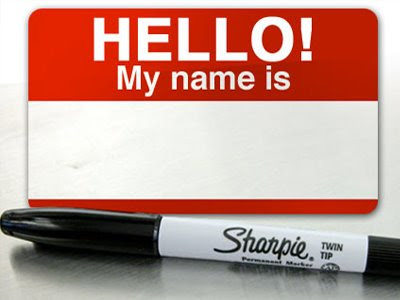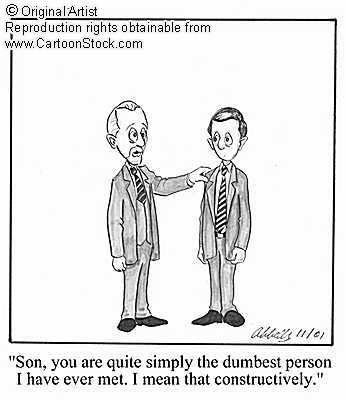 As a writer, I’m always on the lookout for character names. Sometimes they just jump out at me and I jot them down on whatever’s handy. At other times, I have to search for a good name. Most of the time main character names jump out at me. I’ll see or hear a name and think, “ohh, I like that.” Even if I don’t have a character for that name yet, some names are just meant to be heroes and heroines.
As a writer, I’m always on the lookout for character names. Sometimes they just jump out at me and I jot them down on whatever’s handy. At other times, I have to search for a good name. Most of the time main character names jump out at me. I’ll see or hear a name and think, “ohh, I like that.” Even if I don’t have a character for that name yet, some names are just meant to be heroes and heroines.Usually I have to hunt for a minor character’s name. Working in a doctor’s office gives me an ample supply of all different types of names. We get every ethnicity, every social class and every age…well, as I work at a Perinatal Center, we don’t get every age, but we did have a 51 year old patient last week! I’ve never used someone’s whole name from work. I mostly nab a last name and make up a first name, or vice versa.
I subscribe to David Farland’s Daily Kick in the Pants—if you aren’t signed up with this, do so. His advice is golden and I’ve learned a lot from these daily tidbits. The other day the Kick in the Pants was about character names, which is where I got the idea for this post. Mr. Farland talked about a movie he watched that he couldn’t enjoy because the names distracted him. In the end, he issued this warning:
“As an author, you’re going to be tempted at one time or another to play games with names. There are a number of traps that you can fall into here, but they’re really all the same trap: your name can call attention to itself and thus distract the reader, pulling him or her from your fictive universe. Be careful!”
There’s a fine line between finding a memorable name and coming up with a name that will make your reader scratch his/her head and think more about the name than your story. Admittedly, I was very confused by most of the names in Harry Potter when I started reading The Sorcerer’s Stone. While I became enthralled with the book, I really got tangled with Dumbledore, Hermione, McGonagall, but especially Hermione.
I guess my point with this example is, if you are going to have odd and hard to pronounce names in your book, you better make sure the story can handle it. Personally, I’m a fan of common names with a slight twist. The MC’s in my current work in progress are Sayra—which most Americans would pronounce somewhat like Sarah, but her Cuban parents would pronounce it Say-ra, giving a little roll to the R—and Chaz. I almost named him Chad, but liked the slight difference the Z made.
So tell me, what are your favorite types of names, and how do you come up with characters names?




